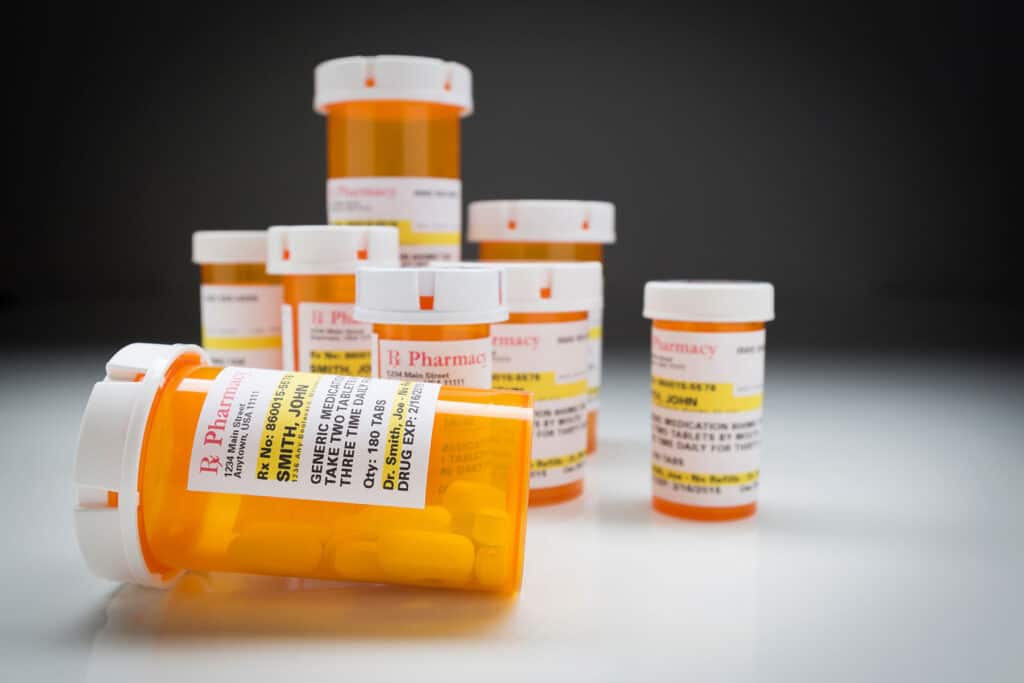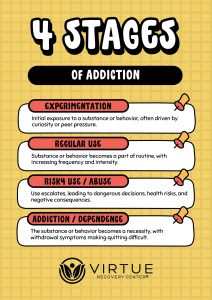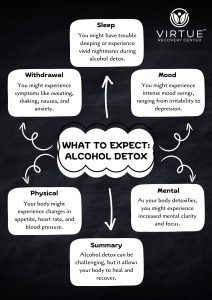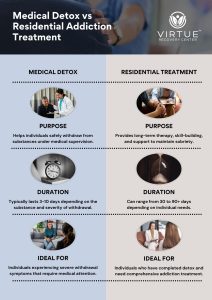An addiction to opioids or opiates is serious. It is essential to get help right away. A trusted medical professional can guide you in treatment decisions, and an accredited treatment facility, like Virtue Recovery Las Vegas, can answer any treatment program specifics.
Understanding what examples of opioids or opiates look like, the signs of addiction, and the damage that they can do to one’s health and well-being is critical. Finding a treatment program with various therapeutic modalities to address each person’s needs will provide the most options for recovering from addiction. Customizable inpatient and outpatient programming is available at most drug treatment facilities.
Find out more about opioid and opiate abuse treatment by calling Virtue Recovery Las Vegas today at 866.520.2861 or contacting us online.
What Are Opioids?
Opioids are often confused with opiates. What can be confusing is that all opiates are opioids, but not all opioids are opiates. Opioids are natural or synthetic drugs that connect to the opioid receptors in the brain. Opioid receptors control the feelings associated with pleasure and pain, making the drugs highly addictive.
Common prescription opioid pain relievers include the following:
- Vicodin
- Oxycodone
- Fentanyl
What Are Opiates?
Opiate use can start with being prescribed a painkiller for a genuine medical need. However, the path to addiction from there can happen very quickly. This can be due to a genetic predisposition for addiction, living in an environment with easy access to drugs, mental health struggles, pressures of society, or the strength of the drug itself.
Opiates are naturally derived from poppy plants. The chemical compounds of the drugs come from the sap and fibers of the plant. Common opiates include the following:
- Codeine
- Morphine
- Heroin
Examples of Opiates and Opioids
Opioids are often prescribed by doctors for managing pain due to a severe illness or following a major surgery or injury. However, these powerful drugs also have serious side effects and carry the risk of addiction and overdose. Some commonly prescribed opioids are hydrocodone (Vicodin), oxycodone (OxyContin), morphine, and methadone.
Fentanyl is becoming more common as a synthetic opioid for treating pain because it is more potent than other opioids. Unfortunately, fentanyl is also illegally made and sold, increasing addiction rates.
Opiates have different chemical structure classifications. They can be considered:
- Morphine-like agents (morphine and hydromorphone),
- Meperidine-like agents (meperidine, fentanyl, and remifentanil)
- Diphenyl heptanes (methadone)
What Are the Signs of Addiction?
Since opioid drugs directly address feelings of pain and elicit euphoria, they are very addictive. When defining what these drugs look like, it is also essential to determine what addiction to these drugs looks like. Signs of addiction to look out for include:
- Trouble sleeping
- Noticeable change in appetite
- Avoiding responsibilities at work or school
- Strained relationships with close family and friends
- Isolation
- Severe mood swings
- Stealing or lying to hide drug usage
If you or a loved one is struggling with opioid or opiate dependence, abuse, or addiction, it is crucial to seek professional help.
Contact Virtue Recovery Las Vegas Today for Treatment Options
Struggling with a substance use disorder poses many dangers to the addicted person. Overdose or death are the most extreme scenarios; too many people fall victim. To find the best treatment plan possible for yourself or a loved one, let Virtue Recovery Las Vegas guide you in making a wise and personalized decision.
In addition to opioid or opiate addiction rehab services, we offer several outpatient services on our campus in Las Vegas, including opioid and opiate addiction treatment. Reach out today at 866.520.2861 or online to start your road to recovery from addiction. An experienced treatment professional is standing by.
FAQs About Opioid Addiction Treatment
What types of treatments are available for opioid addiction?
Treatments include medication-assisted therapy (MAT), behavioral therapies, detoxification, and support groups.
What is medication-assisted therapy (MAT)?
MAT combines medications like methadone, buprenorphine, or naltrexone with counseling and behavioral therapies to treat opioid addiction.
How does detoxification work for opioid addiction?
Detoxification safely manages withdrawal symptoms under medical supervision, often as the first step in treatment.
What behavioral therapies are effective for opioid addiction?
Cognitive-behavioral therapy (CBT), contingency management, and motivational interviewing are effective therapies.
Can opioid addiction be treated in an outpatient setting?
Yes, outpatient programs offer flexibility and allow individuals to continue daily activities while receiving treatment.
What support groups are available for opioid addiction?
Support groups like Narcotics Anonymous (NA) provide peer support and accountability.
How long does opioid addiction treatment last?
Treatment duration varies but often includes long-term follow-up to prevent relapse.
Are there any holistic approaches in opioid addiction treatment?
Yes, holistic approaches may include yoga, meditation, art therapy, and acupuncture.
What role do family and friends play in opioid addiction recovery?
Family and friends provide crucial support, and family therapy can be part of the treatment plan.
How effective is opioid addiction treatment?
Effectiveness varies, but comprehensive, individualized treatment plans increase the likelihood of successful recovery.
What are the signs that someone needs opioid addiction treatment?
Signs include compulsive drug seeking, withdrawal symptoms, and neglect of responsibilities.
Can opioid addiction be cured?
While there is no cure, opioid addiction can be effectively managed with ongoing treatment and support.
What should I expect during the initial assessment for treatment?
The initial assessment includes medical evaluations, psychological assessments, and creating a personalized treatment plan.
Are there any medications that can prevent opioid relapse?
Yes, medications like naltrexone help prevent relapse by blocking the effects of opioids.
What are the risks of not treating opioid addiction?
Untreated opioid addiction can lead to severe health issues, overdose, and death.
Resources
https://nida.nih.gov/research-topics/heroin













